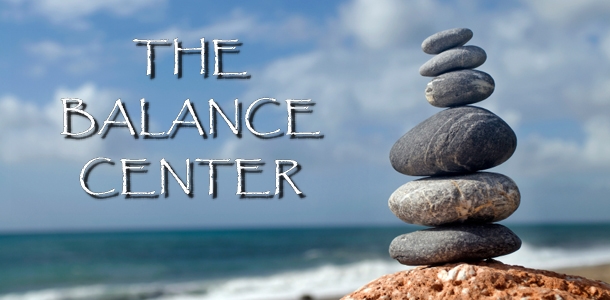Three tactics to help navigate tough times!
- 16
- April
- 2020
Have you suffered an adversity? Of course you have. And maybe you are even feeling it more lately. Everyone has suffered adversity or loss of some kind, so we thought that resilience is a topic that would be helpful to talk about. Resilience can help people go through tough times with less sadness, depression and anxiety. When people are more resilient they are also more at peace and happier.
We heard a talk by Lucy Hone, PhD, who told how she became more resilient after losing her child in an accident. What she did is also what we teach people to do. So we’ll share the characteristics of resilient people and three tactics that work to boost resiliency. We hope they’re helpful for you as you navigate tough times.
- Resilient people recognize that suffering is part of human life. It’s easy to get discouraged and feel like, ‘Why do bad things happen to me?’ But if you ask a large group of people, you’ll realize that everyone has some tough times in their life. If you look on Facebook or Instagram, you’ll often see lives portrayed as perfect with only the good parts being shared. We might compare and want to have that perfect life, too. However, that’s not reality. When we realize we’re not alone in our suffering, it will help get us get a new perspective. We are not “less than” or a “victim” because we have experienced tough and challenging times. Life is not perfect. Everyone has something in life that could be better.
- Resilient people select where they put their attention. They are aware of the reality of the tough times but choose to focus on the things they can change. They also accept the things they know they can’t change. At first this might seems difficult, but it’s a skill that can be learned and practiced, until it becomes a habit.
Karen Reivich, PhD, author along with Andrew Shatte, of The Resilience Factor, is a good example of showing her resilience. I (Lynn) was fortunate to be on a training team with Karen. One time, as we did a training call, she was in a closet as a tornado was looming over her area. She knew she couldn’t control the tornado but she focused on what she could control and remained a calm professional able to complete the training. She believes that it is not what happens to us, but how we respond to it that shapes our lives.
It’s easy to focus on the negative. As the human race evolved, we were
hard-wired to look for threats so we could avoid the “tiger” racing toward us. Today, we’re aware there are many different types of threats. Some are stressful family or work relationships or financial concerns. Others may show up more subtly, such as online hacks, or even unseen viruses. By focusing on the negative, we can end up in a constant state of stress and over-arousal.No matter what we are going through, there’s always something to be grateful for. To help focus attention on the positive, Martin Seligman, PhD, author of Learned Optimism and Authentic Happiness, suggests that, each day, people focus on three good things that happened to them. We often refer to this as the “Three Blessings Exercise”. When practiced regularly, it can result in raising levels of gratitude, lowering depression and increasing happiness.
It works because “Where your focus goes, energy flows.” And this exercise brings positive energy, which increases resilience. - Resilient people ask themselves important questions. We often suggest people ask themselves, ‘How’s what I’m doing or thinking working out for me? Is it helping me or hurting me?’ Also, there might be questions like, ‘Does it help or hurt me to hold on to anger and unforgiveness?’ Maybe questions are about self-care, ‘Do I really need that extra drink?’ It’s surprising how these questions about choices can help people to see things from an observer’s standpoint, which allows them to feel back in control of their choices.
What about you? What can you do to become more resilient?
You might want to try some of the ways we’ve shared to become more resilient. Remember that resiliency is a skill that you can learn and practice. As you become more resilient, you’ll be able to feel more gratitude and peace as you live through tough times. We encourage you to let us know what ways you’ve found that help you to be more resilient. Wishing you the best!
Chanhassen MN residents, Doug and Lynn Nodland are success coaches and owners of The Balance Center in Excelsior. Contact them at WeCare@TheBalanceCenter.com
© Doug and Lynn Nodland 2020 Articles and videos may be shared in their entirety with attribution.
Search:
Categories
Archives
- April 2024
- March 2024
- February 2024
- January 2024
- December 2023
- November 2023
- October 2023
- September 2023
- August 2023
- July 2023
- June 2023
- May 2023
- April 2023
- March 2023
- May 2021
- April 2021
- March 2021
- February 2021
- January 2021
- December 2020
- November 2020
- October 2020
- September 2020
- August 2020
- July 2020
- June 2020
- May 2020
- April 2020
- March 2020
- February 2020
- January 2020
- December 2019
- November 2019
Contact Us
Doug Nodland J.D.
684 Excelsior Boulevard
Suite 120
Excelsior, MN 55331
952-452-2664
WeCare@TheBalanceCenter.com

